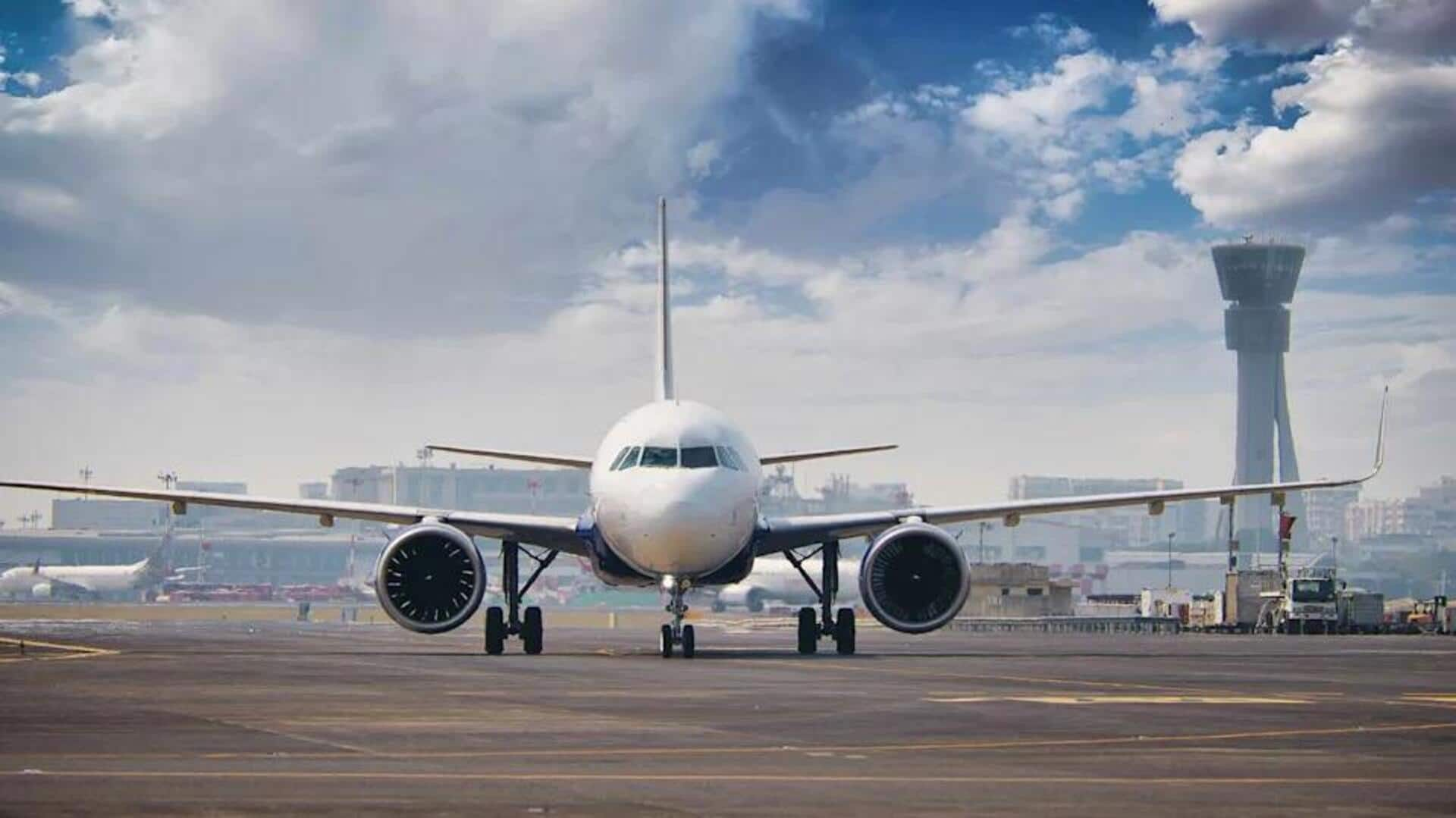
Why airlines are facing extra costs worth $11B this year
What's the story
Global airlines are facing over $11 billion in additional costs this year due to supply chain disruptions, a new report by the International Air Transport Association (IATA) has revealed. The study, conducted with consulting firm Oliver Wyman, is the first to quantify the impact of a five-year-long supply chain crisis on the aviation industry.
Cost breakdown
Major contributors to extra costs
The IATA report highlights that the biggest contributor to these extra costs is $4.2 billion in additional fuel expenses, as airlines are forced to keep older planes flying. Extra maintenance costs are expected to add another $3.1 billion, while leasing engines for those stuck in maintenance queues will cost an additional $2.6 billion. Holding more spare parts as a buffer against delays is projected to cost airlines another $1.4 billion this year alone.
Ongoing challenges
Supply chain issues to persist until end of decade
IATA Director General Willie Walsh expressed surprise at the scale of these findings and hinted that there may be grounds for revisiting potential anti-competitive practices by suppliers. He said, "Even if you halve the number, it's still a massive drag on the industry." Walsh also warned that supply chain issues are likely to continue plaguing the aviation sector for the rest of this decade.
Defense impact
Rising military spending impacting aviation industry
The aviation industry is also facing pressure from rising military spending as governments ramp up defense budgets. Walsh said, "There's now going to be continuing competition for the limited supply that is there." He questioned the power suppliers have over parts pricing and called for "additional competition in the aftermarket, which clearly has seen significant consolidation."